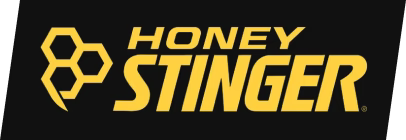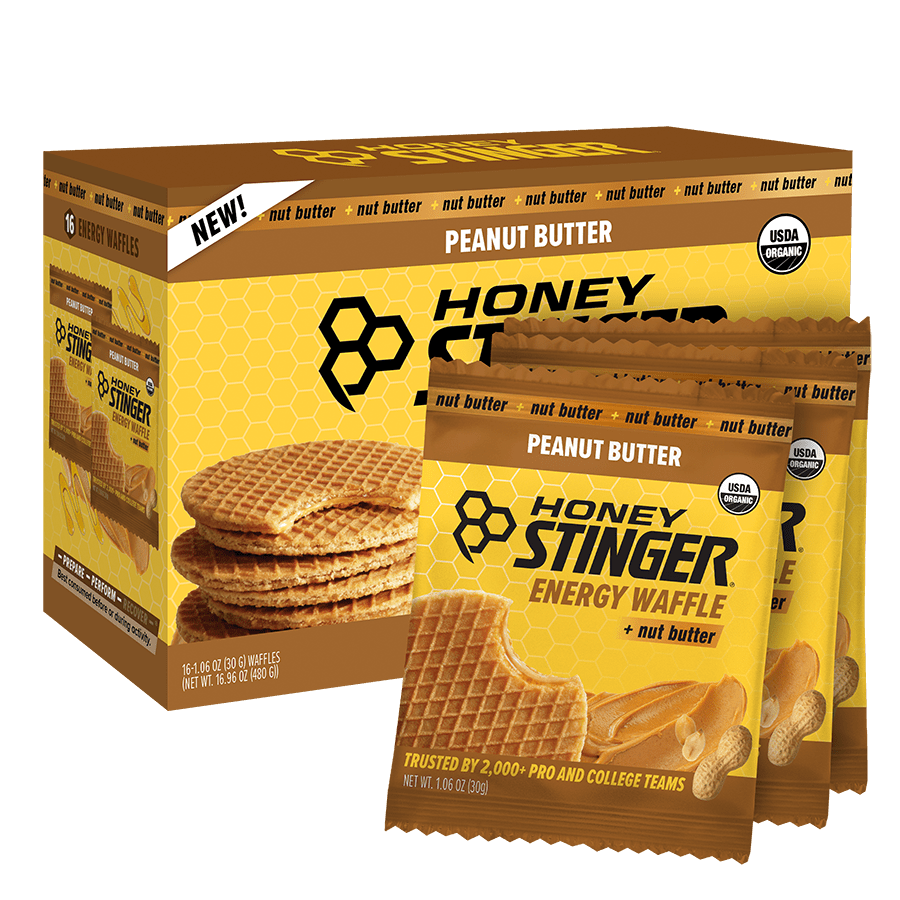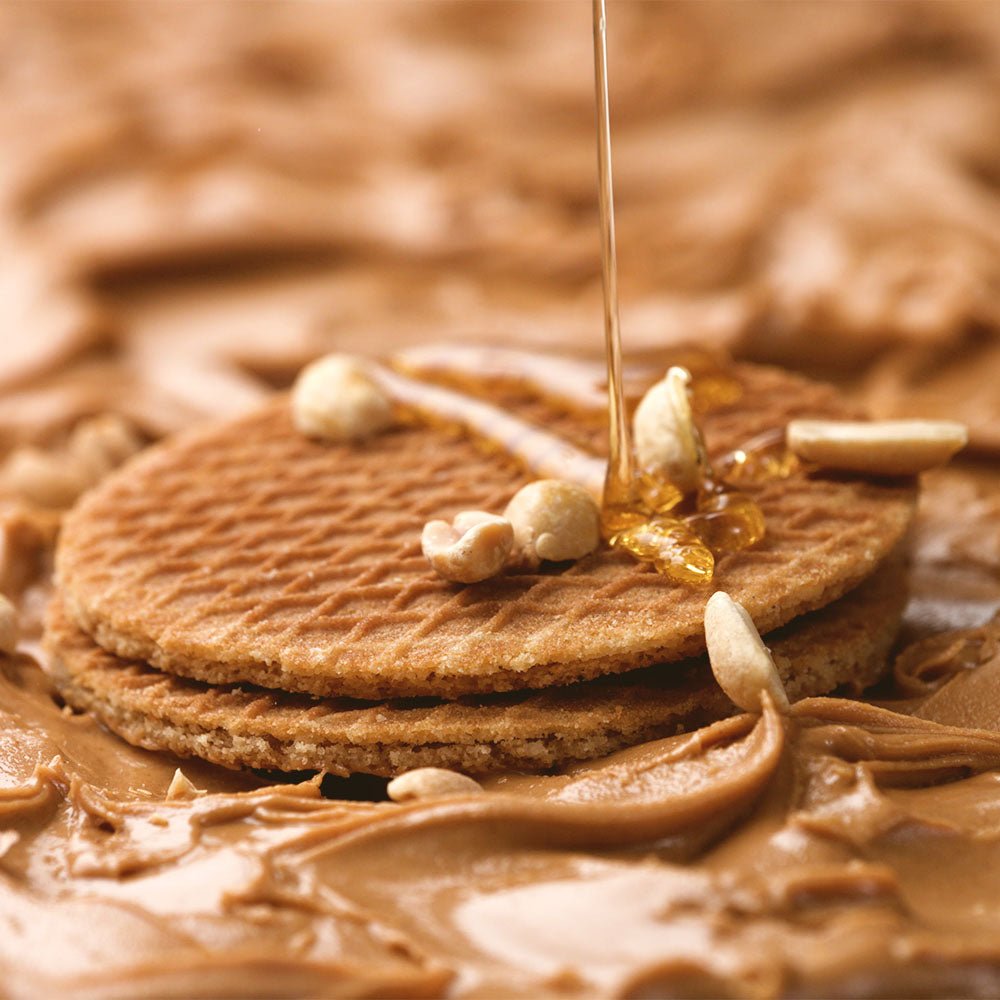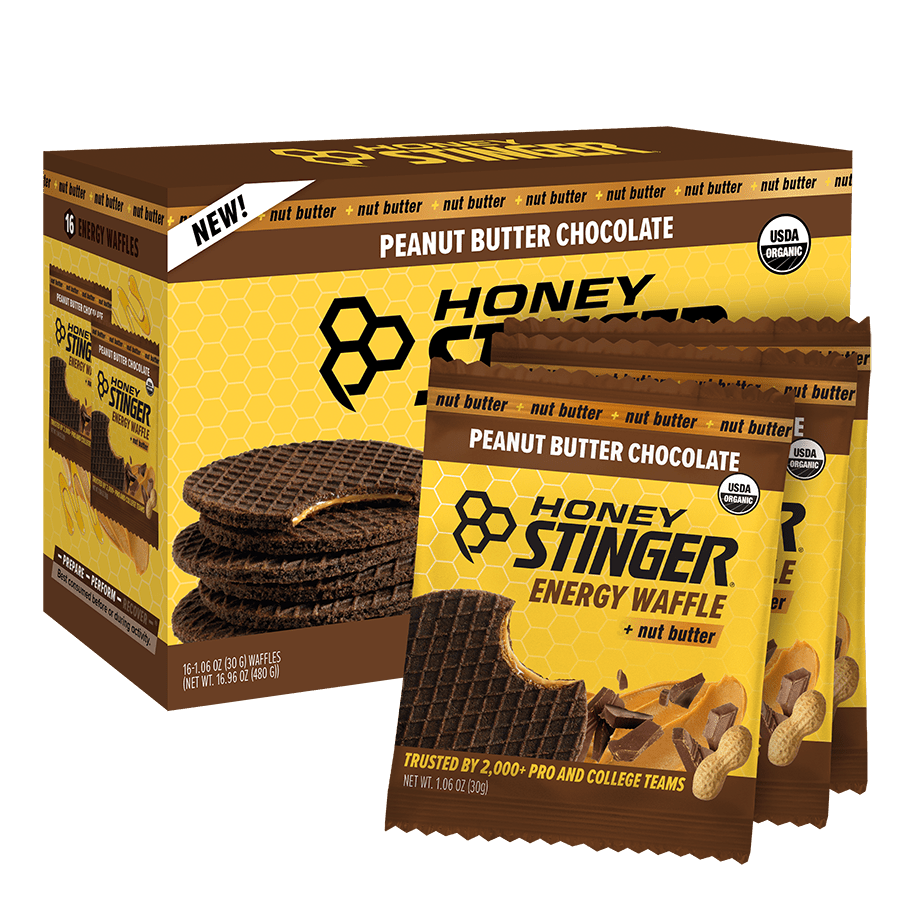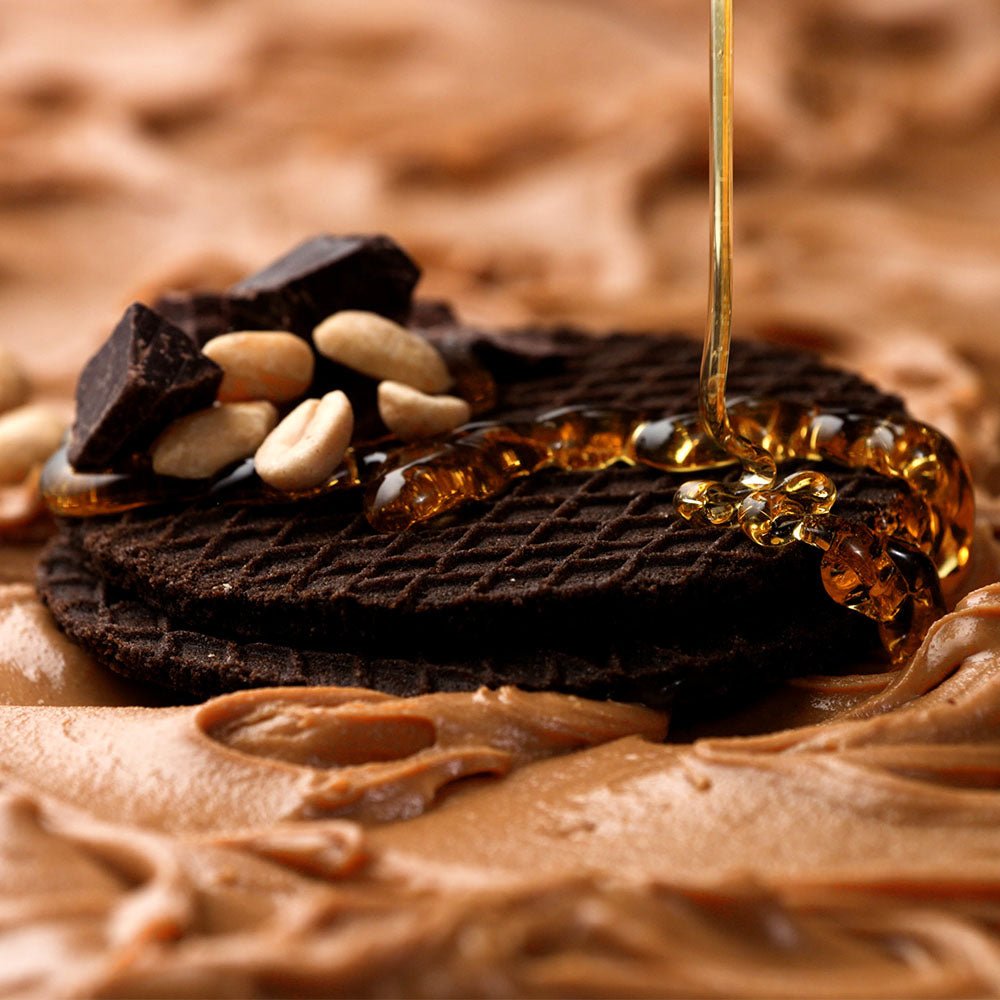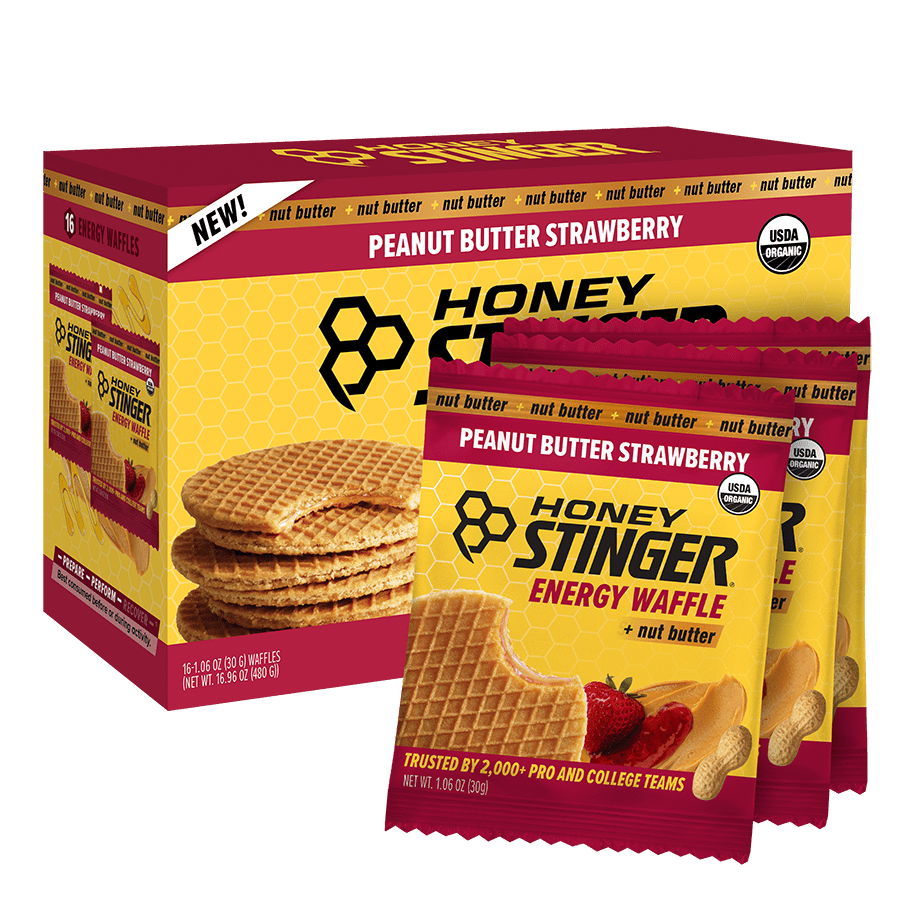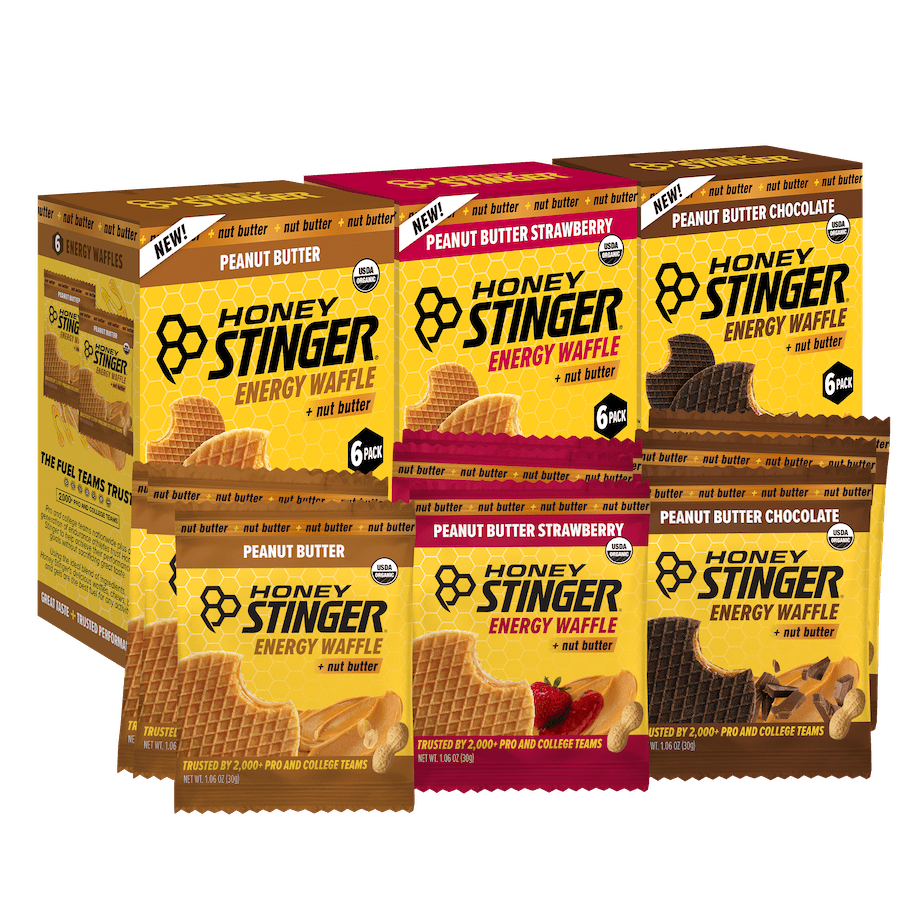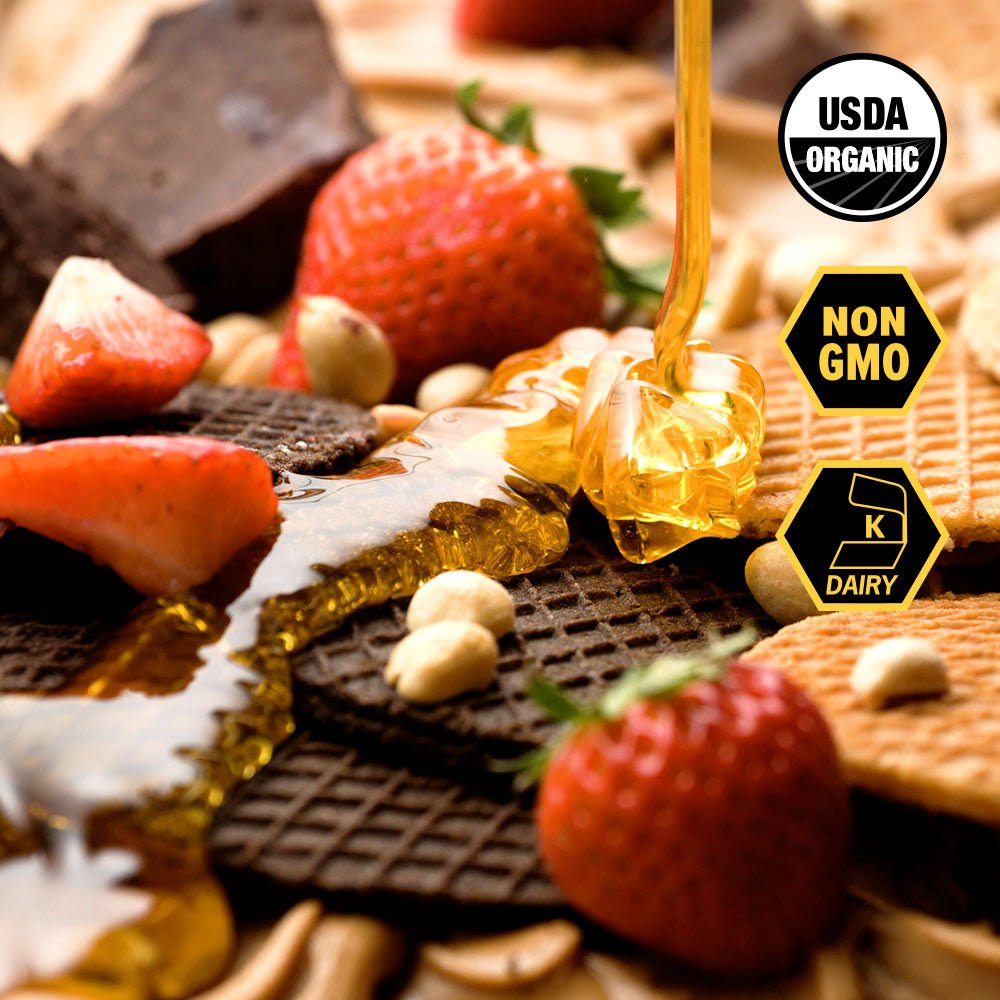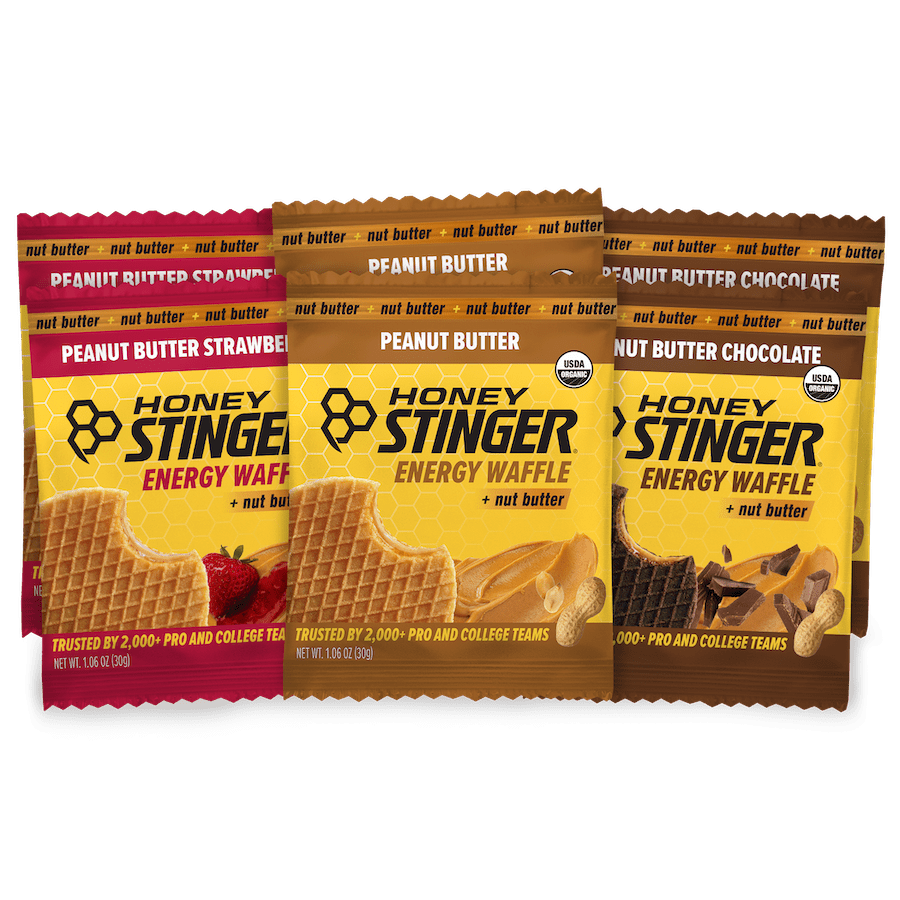How Your Feet Meet the Earth
Ashley Brasovan has been a Honey Stinger ambassador since 2017. An accomplished endurance runner and Colorado resident, Ashley fell in love with Honey Stinger’s variety of products. She liked the connection to a Colorado based company, and it felt good to put clean ingredients into her body.
After 20 years of running, Ashley realized she was overtraining and putting too much emphasis on results, success, and numbers. “Now, I put more energy into health and enjoyment,” Ashley says. “Running is optional and not my primary means of making a living, so I want it to make me happy. The trails behind my house are the ideal place for me to run, disconnect, and relieve stress.”
Trail running is the perfect intersection between Ashley’s physical, competitive, and professional lives. With a Masters in Environmental Management and Bachelors in Earth and Ocean Sciences from Duke University, Ashley has worked in sustainability for over a decade. She pivoted from academia to business hoping she could make a quicker impact and see tangible results in her lifetime.

Earth Day 2022: Invest in Our Planet
Because it’s Earth Day, we asked Ashley for some perspective and tips. This year’s Earth Day theme is Invest in our Planet. Everyone accounted for, and everyone accountable. We all need to do our part to move towards an equitable, green, and prosperous economy.
Saving our planet is a huge mission. A lot of us feel overwhelmed by the complexity of the situation and confused about best practices. “There are a lot of different facets under sustainability,” Ashley acknowledges. “There are social pieces of sustainability like providing fair wages and being involved in the community for volunteer events like trail restoration. In terms of food, organic is better for the environment and human health because you don’t have pesticides. Without pesticides, organic foods have more beneficial nutrients and reduce soil and water pollution. Practicing and supporting local organic farming in your community keep the supply chain closer which helps lower carbon emissions.”
Ashley believes Covid-19 brought to light the lack of equity that ties into sustainability. “Wealthy companies have the money to invest in sustainability while smaller companies may not have the resources to purchase carbon offsets, implement efficiency measures, or construct solar arrays.” Most of the time, there’s a cost premium on certain aspects of sustainability and lower income communities don’t always have the same access compared to more advantaged or wealthier communities. “Covid-19 exposed the political polarization of climate change which, in turn, plays a role in whether sustainable efforts are prioritized from a state, federal, and local government perspective.”
“Social justice, being one community, and working together are key,” Ashley notes. “We need better collaboration to move forward as a community versus isolated implementation without thought sharing. Help each other offset, learn, and understand the cost to transition to lower carbon emissions.”
Reduce, Reuse, Recycle
So, where do we start? Ashley goes back to the rudimentary rule: reduce, reuse, recycle.
Most of us in America live a complex, materialistic lifestyle. Instead, we should start thinking more about the essentials that we really need to move forward in life. If we reduce the amount we purchase, we reduce the amount of waste we have along with carbon emissions from initial production. Challenge yourself to move away from overconsumption and a throw-away lifestyle and towards a more simple, minimalistic one.
Reducing Our Nutritional Carbon Footprint
As for our nutritional carbon footprint, there are a few key components to making a difference right away:
- Pay attention to sourcing. Buying local food means what you eat has traveled a shorter distance to get to you and has required few processes, people, transportation, and emissions.
- Eat more plant-based food. A meat-based lifestyle has more greenhouse gas emissions than a plant-based lifestyle. Reduce the amount of meat you consume even if it’s simply starting with plant-based for one meal a day.
- Everything can be used again. Compost your food. Refill your water bottles. Terracycle your packaging. If you don’t have Terracycling in your community or workplace, learn how you can get it.

Start Small
Ashley also encourages us to think about environmental behavioral engagement. “We can make a building as efficient as possible, but that last bit of emissions comes from people. It’s up to us to close the gap on emissions to get to carbon neutrality.” This piece can’t be overstated: there’s only so much that can be automated, and the rest is up to us and our personal choices.
“People get discouraged because there’s so much to do and there are so many ways to start. Start with one thing, it can be little such as moving to recycling or riding your bike instead of taking a car for an errand. Everything you do contributes to a greater cause and a greater good. Starting small is better than not starting at all. We don’t have to be perfect but just taking baby steps to a lower emission lifestyle makes a huge difference.”
The parallels between Ashley’s professional work and her love for trail running are real. She appreciates being in the natural environment for its ability to energize her body, mind, and spirit. It makes her feel good and healthy. Ashley is conscious about what her body needs for trail runs and how her behavior affects her experience. She knows both her body and the earth need constant care.

Energy Account Executive and Honey Stinger Ambassador
Ashley Brasovan is an Energy Account Executive at McKinstry in Golden, CO where she identifies, strategizes, and develops Energy Savings Performance Contracting (ESPC) opportunities, innovative energy and water efficiency retrofits, renewable energy solutions, energy storage opportunities, and community engagement programs throughout McKinstry's Rocky Mountain Region. She coordinates and leads the account strategy, funding, contracting, and account management for McKinstry’s local government projects.
Ashley races domestically and internationally on the Hoka One One Trail and Mountain team specializing in the sub-ultra distance. Her qualifications include: 2x US Olympic Trials Marathon Qualifier (2016, 2020), 3x Team USA Member, 3x Trail Running National Champion (2017, 2018), Duke University Division 1 Track and Field Team Member & Captain, 3x National High School Champion.
